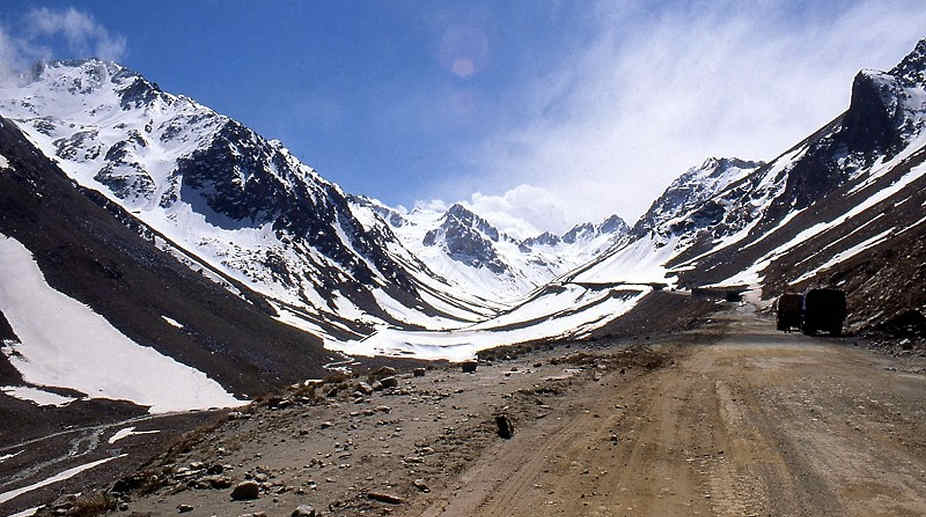Hundreds of experts, including scientists and environmentalists, gathered here over building resilience to tackle climate change in the Hindu Kush Himalayan region have evolved a consensus.
At a time when climate change is posing a serious threat to socio-economic aspects and environment in the region, this agreement holds the key to unlock policy and research-based intervention.
Advertisement
“Resilience can only be built with good science and knowledge is the basis for resilience,” Sir Partha Das Gupta of the University of Cambridge said during the deliberations at an international conference here.
More than 400 experts from 26 countries are attending the event.
Gupta said factoring multiple economic externalities was critical to build resilience. “Integrated and inclusive measures should be the way forward. This includes factoring in all forms of capital — natural, social and religious.”
“Resilience could mean different things to different people. But regardless of these variations in understanding, learning from past disasters, designing local solutions and transferring knowledge would be necessary to enhance community resilience in any situation,” said Rene Van Berkel of the UN Industrial Development Organisations.
Yanfen Wang of the Chinese Academy of Science said the focus should be on preparedness and not just recovery. “This preparation means building capacities of government institutions and local civic bodies.”
Hans Hurni of University of Bern, Switzerland, called for a plurality of ideas, perspectives and thoughts for building resilience to tackle climate change.
“Our lives are increasingly integrated and this means policies and institutions cannot remain in silos,” said Arjumand Nizami of Helvetas Swiss Intercooperation.
Stefan Schneiderbauer of Eurac Research said: “We have to act very soon. Actions on the ground, supported by policy, in the region at various levels is important to integrate disaster risk reduction and climate change adaptation in sustainable development goals to save life and livelihood of vulnerable people in the Hindu Kush Himalayan region.”
Experts also spoke in one voice on the importance of protecting women’s rights to own property, cultivating talent in the younger generation and collaboration with multiple agencies.
David Molden, Director General of the International Centre for Integrated Mountain Development, said: “Only through this encompassing approach can resilience building be effective and durable.”
The Hindu Kush Himalayan sources 10 major river systems in Asia that provide water, ecosystem services and livelihood to more than 210 million people. The region holds and distributes water for more than 1.3 billion people living in the downstream river basins.
Mountain communities in the region have a long history dealing with natural hazards like floods and landslides but climate change is increasing weather-related events, making these disasters more challenging to maintaining livelihood.
Ang Tshering Sherpa of Climate Alliance of Himalyan Communities said scientific research needed to be integrated with local and indigenous knowledge.
At a panel discussion, scientists said people living in the region faced an existential dilemma. Its glaciers were shrinking and the region was seeing increasing floods and droughts while springs and major sources of water were drying up.











